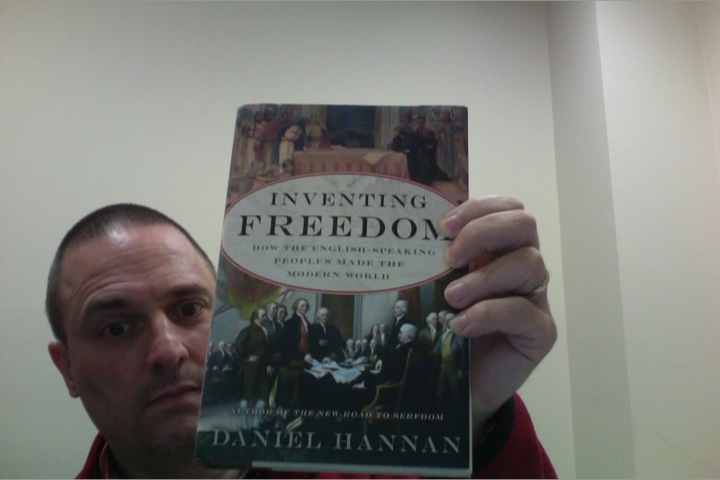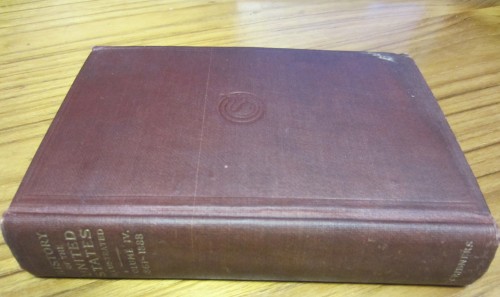I will be speaking about America 3.0 at the Heartland Institute on December 12, 2013.
You can register for the event here
Join us for a luncheon lecture by author Michael J. Lotus about his new book, with co-author James C. Bennett, titled America 3.0: Rebooting American Prosperity in the 21st Century-Why America’s Greatest Days Are Yet to Come. As Mike will explain in Heartland’s library …
Our government is crushingly expensive, failing at its basic functions, and unable to keep its promises. It does not work and it cannot continue as it is. But the inevitable end of big government does not mean the end of America. It only means the end of one phase of American life.
America is poised to enter a new era of freedom and prosperity. The cultural roots of the American people go back at least 15 centuries, and make us individualistic, enterprising, and liberty-loving. The Founding generation of the United States lived in a world of family farms and small businesses, America 1.0.
This world faded away and was replaced by an industrialized world of big cities, big business, big labor unions and big government, America 2.0. Now America 2.0 is outdated and crumbling, while America 3.0 is struggling to be born. This new world will bring immense productivity, rapid technological progress, greater scope for individual and family-scale autonomy, and a leaner and strictly limited government.
This transition to America 3.0 will surprise many Americans, and astonish the world!
Don’t miss this discussion of a bright view of America’s future with a dynamic and intellectually stimulating speaker. For a preview of what you’ll hear, listen to Mike’s recent discussion about his book on the Heartland Daily Podcast: Part 1, and Part 2.
I am immensely pleased to announce this upcoming event. It is a real privilege to speak at the Heartland Institute.





